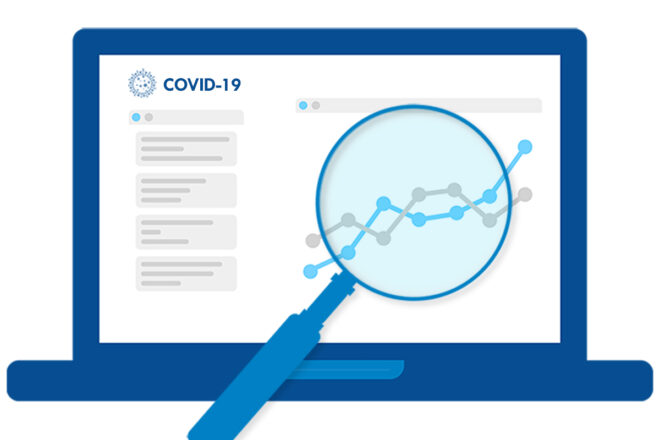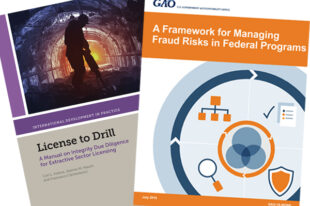Oversight During the COVID-19 Pandemic

by Mariela Azofeifa Olivares, Head, Press and Communications Office, Office of the General Comptroller of Costa Rica
“The only constant is change.” This phrase is more relevant than ever for Supreme Audit Institutions (SAIs), as we face numerous challenges and forge new directions to address COVID-19 Pandemic implications. If there has ever been a moment where we should feel globalized, it is today.
Citizen demands on oversight are enormous, and SAIs, in addition to usual functions, now have real time roles to fulfill, compelling the audit community to seek new methods in performing substantive actions with the same efficiency, effectiveness and economy. It is imperative SAIs remain responsive and relevant while emphasizing stakeholder communication and coordination.
Credibility and trust, perhaps a SAI’s most valuable assets, can be mechanisms to motivate others in fulfilling institutional missions and visions. Through oversight actions, SAIs can influence the population, providing a positive, proactive, effective and timely position—a tremendous challenge given the urgency for visible results while also allowing the State to function efficiently without neglecting adherence to laws and oversight frameworks. Particularly in responding to the pandemic, allowing agility in State actions; providing procedural flexibility in executing public budgets; detecting vulnerable areas requiring urgent attention; and ensuring transparency, public information access and effective public accountability are essential.
As rectors of the public oversight system, SAIs are able to provide expertise on bills and initiatives aimed at alleviating pandemic effects. At the same time, strengthened relations with partners remain crucial given significant responsibilities such partners hold in the oversight process. For example, public procurement systems, vital in managing public needs, encompass processes often most vulnerable to inefficiency, corruption and bureaucracy resulting in high expectations from oversight agents, including politicians, media, and civil society organizations. SAIs, often possessing multiple competencies in public procurement and close collaborative ties with various stakeholders, have a unique opportunity to assist through preventive and proactive measures.
SAI networks are also central to the valuable exchange of information—locally, regionally and nationally—leading to a collection of best practices for optimal oversight in times of crisis and more effective mandates on such topics as risk assessment and real-time availability of public information.
The COVID-19 Pandemic represents a complex challenge for SAIs, one requiring an emphasis on environmental mapping, external stakeholder analysis and strategic planning. Specifically, SAIs will need to maximize information technologies, communication tools and human and financial resources; review organizational structure; identify strategic partnerships having the capacity to further enhance SAI roles—internally and externally; learn to work remotely; and overcome aspects of institutional culture.
As a journalist and public official for 25 years serving the Office of the Comptroller General of the Republic of Costa Rica, I believe urgency is not an obstacle to oversight. Today, more than ever, urgency and oversight must coexist and become strategic partners to benefit all.
Download article PDF here.





